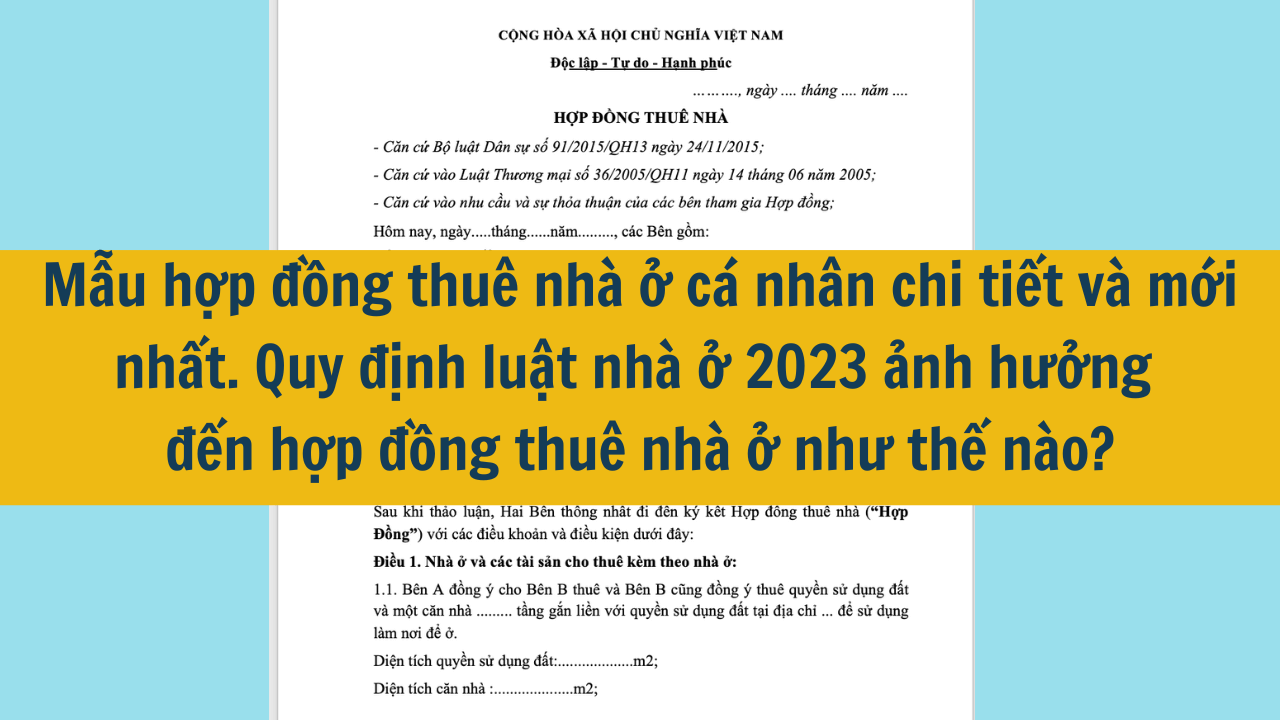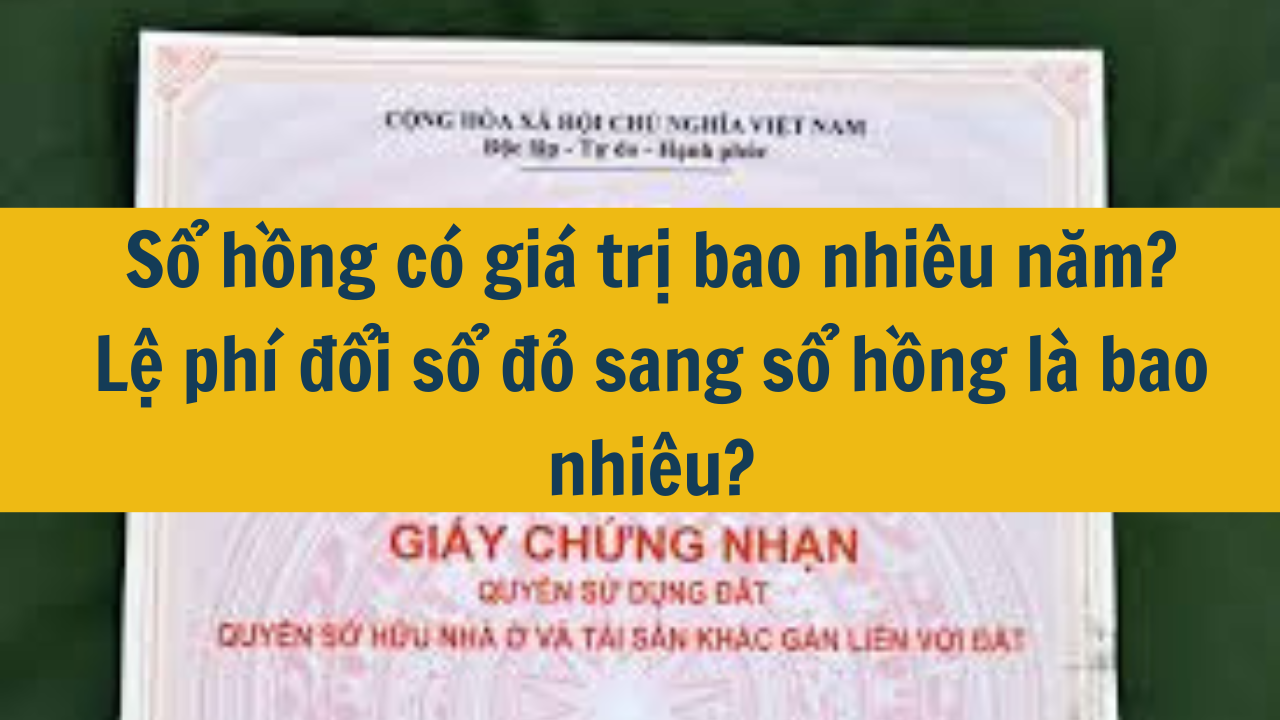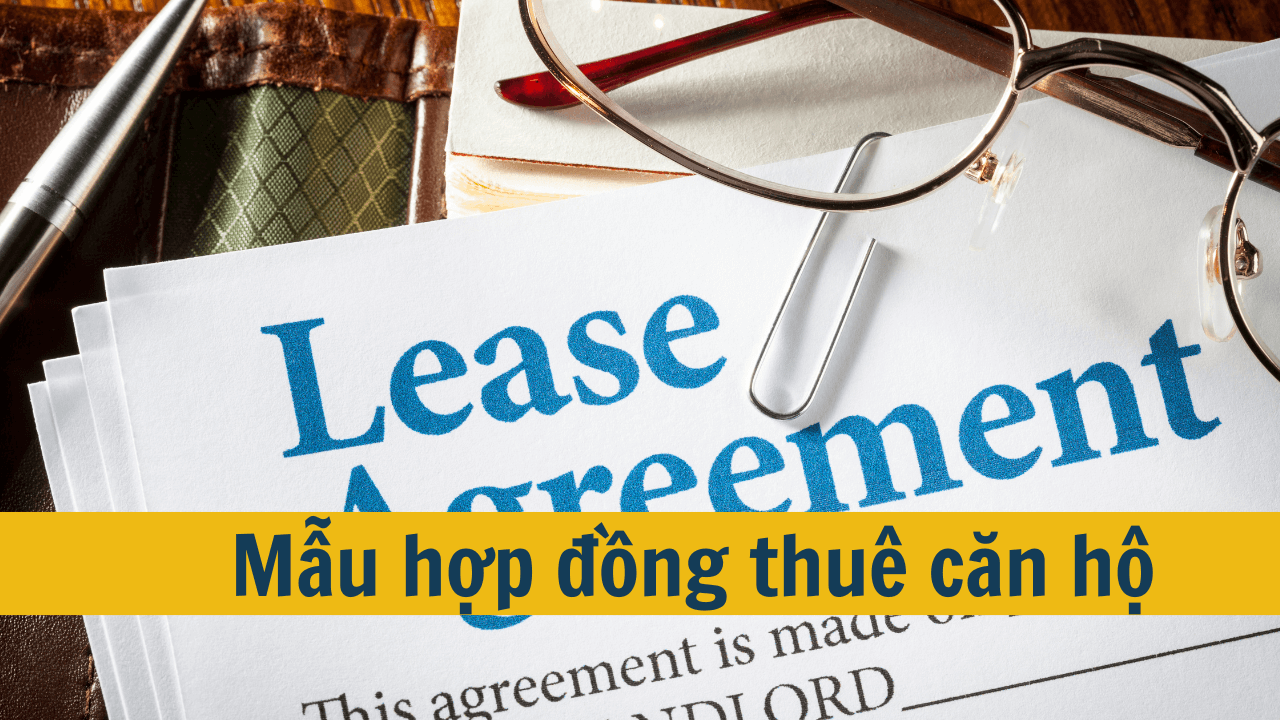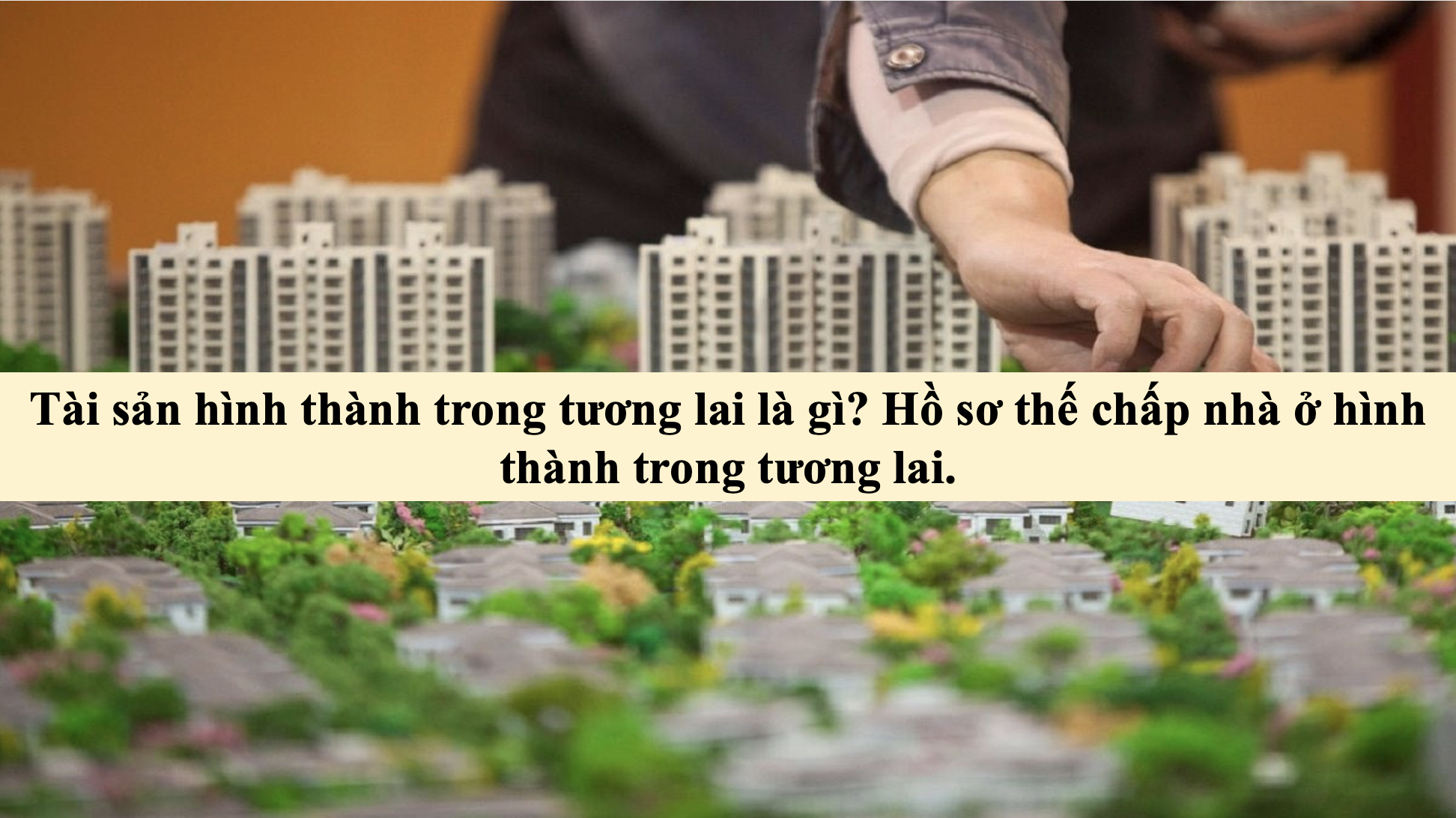 Tìm kiếm
Tìm kiếm
Chương II Luật Nhà ở 2014: Sở hữu nhà ở
| Số hiệu: | 65/2014/QH13 | Loại văn bản: | Luật |
| Nơi ban hành: | Quốc hội | Người ký: | Nguyễn Sinh Hùng |
| Ngày ban hành: | 25/11/2014 | Ngày hiệu lực: | 01/07/2015 |
| Ngày công báo: | 29/12/2014 | Số công báo: | Từ số 1169 đến số 1170 |
| Lĩnh vực: | Bất động sản | Tình trạng: | Hết hiệu lực |
TÓM TẮT VĂN BẢN
Đã có Luật nhà ở 2014
Từ ngày 01/07/2015, tổ chức, cá nhân nước ngoài được quyền sở hữu nhà ở tại Việt Nam theo quy định Luật nhà ở 2014.
Các đối tượng nước ngoài được sở hữu nhà ở Việt Nam bao gồm:
- Tổ chức, cá nhân nước ngoài đầu tư xây dựng nhà ở theo dự án tại Việt Nam; đối tượng này cần phải có Giấy chứng nhận đầu tư và nhà ở xây dựng trong dự án.
- Doanh nghiệp có vốn đầu tư nước ngoài đang hoạt động tại Việt Nam; đối tượng này cần phải có Giấy chứng nhận đầu tư hoặc giấy tờ liên quan đến việc được phép hoạt động tại Việt Nam.
- Cá nhân nước ngoài được phép nhập cảnh vào Việt Nam; cá nhân này phải không thuộc diện được hưởng quyền ưu đãi, miễn trừ ngoại giao, lãnh sự...
Cá nhân nước ngoài được sở hữu nhà ở tối đa không quá 50 năm, kể từ ngày được cấp Giấy chứng nhận nhưng có thể được gia hạn thêm thời gian nếu có nhu cầu.
Văn bản tiếng việt
Văn bản tiếng anh
1. Tổ chức, hộ gia đình, cá nhân trong nước; đối với người Việt Nam định cư ở nước ngoài thì phải được phép nhập cảnh vào Việt Nam; đối với tổ chức, cá nhân nước ngoài thì phải có đủ điều kiện quy định tại Điều 160 của Luật này.
2. Có nhà ở hợp pháp thông qua các hình thức sau đây:
a) Đối với tổ chức, hộ gia đình, cá nhân trong nước thì thông qua hình thức đầu tư xây dựng, mua, thuê mua, nhận tặng cho, nhận thừa kế, nhận góp vốn, nhận đổi nhà ở và các hình thức khác theo quy định của pháp luật;
b) Đối với người Việt Nam định cư ở nước ngoài thì thông qua hình thức mua, thuê mua nhà ở thương mại của doanh nghiệp, hợp tác xã kinh doanh bất động sản (sau đây gọi chung là doanh nghiệp kinh doanh bất động sản); mua, nhận tặng cho, nhận đổi, nhận thừa kế nhà ở của hộ gia đình, cá nhân; nhận chuyển nhượng quyền sử dụng đất ở trong dự án đầu tư xây dựng nhà ở thương mại được phép bán nền để tự tổ chức xây dựng nhà ở theo quy định của pháp luật;
c) Đối với tổ chức, cá nhân nước ngoài thì thông qua các hình thức quy định tại khoản 2 Điều 159 của Luật này.
1. Tổ chức, hộ gia đình, cá nhân có đủ điều kiện và có nhà ở hợp pháp quy định tại Điều 8 của Luật này thì được cơ quan nhà nước có thẩm quyền cấp Giấy chứng nhận quyền sử dụng đất, quyền sở hữu nhà ở và tài sản khác gắn liền với đất (sau đây gọi chung là Giấy chứng nhận) đối với nhà ở đó. Nhà ở được cấp Giấy chứng nhận phải là nhà ở có sẵn.
2. Trình tự, thủ tục cấp Giấy chứng nhận cho chủ sở hữu nhà ở được thực hiện theo quy định của pháp luật về đất đai.
Trường hợp sở hữu nhà ở có thời hạn theo quy định tại khoản 1 Điều 123 của Luật này thì bên mua nhà ở được cấp Giấy chứng nhận trong thời hạn sở hữu nhà ở; khi hết hạn sở hữu nhà ở theo thỏa thuận thì quyền sở hữu nhà ở được chuyển lại cho chủ sở hữu lần đầu; việc cấp Giấy chứng nhận cho bên mua nhà ở và xử lý Giấy chứng nhận khi hết hạn sở hữu nhà ở được thực hiện theo quy định của Chính phủ.
3. Cơ quan có thẩm quyền cấp Giấy chứng nhận phải ghi rõ trong Giấy chứng nhận loại và cấp nhà ở theo quy định của Luật này và pháp luật về xây dựng; trường hợp là căn hộ chung cư thì phải ghi cả diện tích sàn xây dựng và diện tích sử dụng căn hộ; nếu là nhà ở được xây dựng theo dự án thì phải ghi đúng tên dự án xây dựng nhà ở đã được cơ quan có thẩm quyền chấp thuận.
4. Đối với nhà ở được đầu tư xây dựng theo dự án để cho thuê mua, để bán thì không cấp Giấy chứng nhận cho chủ đầu tư mà cấp Giấy chứng nhận cho người thuê mua, người mua nhà ở, trừ trường hợp chủ đầu tư có nhu cầu cấp Giấy chứng nhận đối với nhà ở chưa cho thuê mua, chưa bán; trường hợp chủ đầu tư xây dựng nhà ở để cho thuê thì được cấp Giấy chứng nhận đối với nhà ở đó.
5. Trường hợp nhà ở của hộ gia đình, cá nhân có từ hai tầng trở lên và tại mỗi tầng có từ hai căn hộ trở lên đáp ứng đủ điều kiện quy định tại khoản 2 Điều 46 của Luật này thì được cơ quan nhà nước có thẩm quyền cấp Giấy chứng nhận đối với từng căn hộ trong nhà ở đó.
1. Đối với chủ sở hữu nhà ở là tổ chức, hộ gia đình, cá nhân trong nước, người Việt Nam định cư ở nước ngoài thì có các quyền sau đây:
a) Có quyền bất khả xâm phạm về nhà ở thuộc sở hữu hợp pháp của mình;
b) Sử dụng nhà ở vào mục đích để ở và các mục đích khác mà luật không cấm;
c) Được cấp Giấy chứng nhận đối với nhà ở thuộc quyền sở hữu hợp pháp của mình theo quy định của Luật này và pháp luật về đất đai;
d) Bán, chuyển nhượng hợp đồng mua bán, cho thuê, cho thuê mua, tặng cho, đổi, để thừa kế, thế chấp, góp vốn, cho mượn, cho ở nhờ, ủy quyền quản lý nhà ở; trường hợp tặng cho, để thừa kế nhà ở cho các đối tượng không thuộc diện được sở hữu nhà ở tại Việt Nam thì các đối tượng này chỉ được hưởng giá trị của nhà ở đó;
đ) Sử dụng chung các công trình tiện ích công cộng trong khu nhà ở đó theo quy định của Luật này và pháp luật có liên quan.
Trường hợp là chủ sở hữu nhà chung cư thì có quyền sở hữu, sử dụng chung đối với phần sở hữu chung của nhà chung cư và các công trình hạ tầng sử dụng chung của khu nhà chung cư đó, trừ các công trình được xây dựng để kinh doanh hoặc phải bàn giao cho Nhà nước theo quy định của pháp luật hoặc theo thỏa thuận trong hợp đồng mua bán, hợp đồng thuê mua nhà ở;
e) Bảo trì, cải tạo, phá dỡ, xây dựng lại nhà ở theo quy định của Luật này và pháp luật về xây dựng;
g) Được bồi thường theo quy định của luật khi Nhà nước phá dỡ, trưng mua, trưng dụng nhà ở hoặc được Nhà nước thanh toán theo giá thị trường khi Nhà nước mua trước nhà ở thuộc sở hữu hợp pháp của mình vì mục đích quốc phòng, an ninh; phát triển kinh tế - xã hội vì lợi ích quốc gia, công cộng hoặc trong tình trạng chiến tranh, tình trạng khẩn cấp, phòng, chống thiên tai;
h) Khiếu nại, tố cáo, khởi kiện đối với các hành vi vi phạm quyền sở hữu hợp pháp của mình và các hành vi khác vi phạm pháp luật về nhà ở.
2. Trường hợp thuộc diện sở hữu nhà ở có thời hạn theo quy định tại khoản 1 Điều 123 của Luật này thì trong thời hạn sở hữu nhà ở, chủ sở hữu được thực hiện các quyền quy định tại khoản 1 Điều này, trừ trường hợp các bên có thỏa thuận khác; khi hết thời hạn sở hữu nhà ở theo thỏa thuận thì chủ sở hữu đang quản lý, sử dụng nhà ở phải bàn giao lại nhà ở này cho chủ sở hữu nhà ở lần đầu.
3. Đối với chủ sở hữu nhà ở là tổ chức, cá nhân nước ngoài thì có các quyền theo quy định tại Điều 161 của Luật này.
4. Người sử dụng nhà ở không phải là chủ sở hữu nhà ở được thực hiện các quyền trong việc quản lý, sử dụng nhà ở theo thỏa thuận với chủ sở hữu nhà ở.
1. Đối với chủ sở hữu nhà ở là tổ chức, hộ gia đình, cá nhân trong nước, người Việt Nam định cư ở nước ngoài thì có các nghĩa vụ sau đây:
a) Sử dụng nhà ở đúng mục đích quy định; lập và lưu trữ hồ sơ về nhà ở thuộc sở hữu của mình;
b) Thực hiện việc phòng cháy, chữa cháy, bảo đảm vệ sinh, môi trường, trật tự an toàn xã hội theo quy định của pháp luật;
c) Thực hiện đầy đủ các quy định của pháp luật khi bán, chuyển nhượng hợp đồng mua bán, cho thuê, cho thuê mua, tặng cho, đổi, để thừa kế, thế chấp, góp vốn, cho mượn, cho ở nhờ, ủy quyền quản lý nhà ở; đối với giao dịch nhà ở là tài sản chung của vợ chồng thì còn phải thực hiện theo các quy định của Luật hôn nhân và gia đình;
d) Thực hiện đúng quy định của pháp luật và không được làm ảnh hưởng hoặc gây thiệt hại đến lợi ích của Nhà nước, lợi ích công cộng, quyền và lợi ích hợp pháp của tổ chức, hộ gia đình, cá nhân khác khi bảo trì, cải tạo, phá dỡ, xây dựng lại nhà ở; trường hợp thuộc diện sở hữu nhà ở có thời hạn theo quy định tại khoản 1 Điều 123 của Luật này thì việc cải tạo, phá dỡ nhà ở được thực hiện theo thỏa thuận giữa các bên;
đ) Đóng bảo hiểm cháy, nổ đối với nhà ở thuộc diện bắt buộc phải tham gia bảo hiểm cháy, nổ theo quy định của pháp luật về phòng cháy, chữa cháy và pháp luật về kinh doanh bảo hiểm;
e) Chấp hành quyết định của cơ quan nhà nước có thẩm quyền đã có hiệu lực pháp luật về việc xử lý vi phạm, giải quyết tranh chấp, khiếu nại, tố cáo về nhà ở, bồi thường, hỗ trợ, tái định cư, phá dỡ nhà ở khi Nhà nước thu hồi đất, giải tỏa nhà ở, trưng mua, trưng dụng, mua trước nhà ở;
g) Có trách nhiệm để các bên có liên quan và người có thẩm quyền thực hiện việc kiểm tra, theo dõi, bảo trì hệ thống trang thiết bị, hệ thống hạ tầng kỹ thuật, phần diện tích thuộc sở hữu chung, sử dụng chung;
h) Thực hiện nghĩa vụ tài chính cho Nhà nước khi được công nhận quyền sở hữu nhà ở, khi thực hiện các giao dịch và trong quá trình sử dụng nhà ở theo quy định của pháp luật.
2. Đối với chủ sở hữu nhà ở là tổ chức, cá nhân nước ngoài thì ngoài các nghĩa vụ quy định tại khoản 1 Điều này còn phải thực hiện nghĩa vụ quy định tại khoản 2 Điều 162 của Luật này.
3. Người sử dụng nhà ở không phải là chủ sở hữu phải thực hiện các nghĩa vụ trong việc quản lý, sử dụng nhà ở theo thỏa thuận với chủ sở hữu nhà ở và theo quy định của Luật này.
1. Trường hợp mua bán nhà ở mà không thuộc diện quy định tại khoản 3 Điều này và trường hợp thuê mua nhà ở thì thời điểm chuyển quyền sở hữu nhà ở là kể từ thời điểm bên mua, bên thuê mua đã thanh toán đủ tiền mua, tiền thuê mua và đã nhận bàn giao nhà ở, trừ trường hợp các bên có thỏa thuận khác.
2. Trường hợp góp vốn, tặng cho, đổi nhà ở thì thời điểm chuyển quyền sở hữu là kể từ thời điểm bên nhận góp vốn, bên nhận tặng cho, bên nhận đổi nhận bàn giao nhà ở từ bên góp vốn, bên tặng cho, bên đổi nhà ở.
3. Trường hợp mua bán nhà ở giữa chủ đầu tư dự án xây dựng nhà ở với người mua thì thời điểm chuyển quyền sở hữu nhà ở là kể từ thời điểm bên mua nhận bàn giao nhà ở hoặc kể từ thời điểm bên mua thanh toán đủ tiền mua nhà ở cho chủ đầu tư. Đối với nhà ở thương mại mua của doanh nghiệp kinh doanh bất động sản thì thời điểm chuyển quyền sở hữu được thực hiện theo quy định của pháp luật về kinh doanh bất động sản.
4. Trường hợp thừa kế nhà ở thì thời điểm chuyển quyền sở hữu nhà ở được thực hiện theo quy định của pháp luật về thừa kế.
5. Các giao dịch về nhà ở quy định tại các khoản 1, 2 và 3 Điều này phải tuân thủ các điều kiện về giao dịch nhà ở và hợp đồng phải có hiệu lực theo quy định của Luật này.
HOMEOWNERSHIP
Article 7. Entities eligible for the homeownership in Vietnam
1. Vietnamese organizations, households or individuals (hereinafter referred to as Vietnamese entities).
2. Overseas Vietnamese.
3. Foreign organizations and individuals (hereinafter referred to as foreign entities) prescribed in Clause 1 Article 159 of this Law.
Article 8. Entities eligible for the homeownership recognition
1. Vietnamese entities; overseas Vietnamese permitted to enter Vietnam; foreign entities prescribed in Article 160 in this Law.
2. Entities having legitimate housing through following transactions:
a) Vietnamese entities who invest in housing construction, purchase, enter into lease purchase agreements, receive gifts, receive inheritance, receive capital contribution, exchange houses, or make other transactions prescribed in regulations of law .
b) Overseas Vietnamese who enter into agreements on commercial housing purchase, lease purchase with enterprises or cooperatives conducting real estate trading (hereinafter referred to as real estate enterprise); agreements on housing purchase, gifting, exchange, inheritance with households or individuals; agreements on residential land transfer in the project on commercial housing construction which is permitted to divide the piece of land into smaller lots/plots for sales as prescribed.
c) Foreign entities who enter into agreements as prescribed in Clause 2 Article 159 of this Law.
Article 9. Procedures for homeownership recognition
1. If any organization, household, or individual is eligible for homeownership and has legitimate housing prescribed in Article 8 in this Law, the house shall be granted the Certificate of land use right, homeownership and property on land (hereinafter referred to as the Certificate). The house which is granted the Certificate must be an existing house.
2. Procedures for issuance of the Certificate to the homeowner shall comply with regulations of law on land.
With respect to the fixed-term agreements on housing ownership prescribed in Clause 1 Article 123 in this Law, the buyer shall be granted the Certificate within the term of the agreement; when the contractual term of the agreement expires, the homeownership shall be retransferred to the initial homeowner; the issuance or expiration of the Certificate shall comply with regulations of the Government.
3. The competent agency in charge of issuance of the Certificate must specify housing type and housing class in the Certificate as prescribed in this Law and law on construction; specify floor area and usable area regarding the apartment building; specify the name of the residential construction project approved by the competent agency regarding the housing in such project.
4. The Certificate of any house in the residential construction projects for lease purchase or sale purposes shall not be granted to the investor but it shall be granted to the lessees or the buyers, unless the investor wishes to be granted the Certificate pertaining to the house which is not under any agreement on lease purchase or sale; if the investor builds houses for lease, such houses shall be granted the Certificate.
5. In case the household or the individual has a multi-storey house whose each story has at least 2 apartments satisfying requirements prescribed in Clause 2 Article 46 in this Law, the competent agency shall grant the Certificate to every apartment in such house.
Article 10. Rights of homeowners and occupiers
1. If the homeowner is a Vietnamese entity or an oversea Vietnamese, he/she shall have rights to:
a) Enjoy inalienable rights to his/her lawful housing;
b) Use the house for residential purposes and other purposes not prohibited by regulations of law.
c) Obtain the Certificate of the house(s) under their lawful homeownership as prescribed in this Law and law on land;
d) Sell housing or transfer the agreement on housing purchase, lease , lease and purchase, gifting, exchange, inheritance, mortgage, capital contribution, lending, permission for stay, or authorize housing management ; if the agreement on housing gifting or inheritance is concluded with an entity ineligible for the homeownership in Vietnam, such entity is only entitled to the value of the house;
dd) Share the public utilities in that residential area as prescribed in this Law and relevant regulations of law.
The owner of an apartment building has the right to ownership and enjoyment of the common areas and infrastructural works of such apartment building, exclusive of buildings for business or transfer to the State as prescribed, and the agreement on housing sale or lease purchase;
e) Maintain, renovate, demolish, or rebuild his/her house as prescribed in this Law and law on construction.
g) Receive the compensation as prescribed in regulations of law or payment according to fair market price when their house is demolished, imposed compulsory purchase order, or commandeered by the State for national defense and security purposes; for socio-economic development purposes, or in the state of war, state of emergency, or disaster situations;
h) File complaints, denunciation, or lawsuits over violations against their lawful ownership and other violations against law on housing.
2. If for a person has a fixed-term homeownership as prescribed in Clause 1 Article 123 in this Law, he/she may exercise the rights prescribed in Clause 1 of this Article over the homeownership period, unless otherwise agreed among the parties; when the contractual term expires, the house which is under management of the homeowner must be returned to the initial homeowner.
3. If the homeowner is a foreign organization or individual, he/she shall have the rights prescribed in Article 161 of this Law.
4. Any occupier other than the homeowner may exercise rights to manage or use the house as agreed with the homeowner.
Article 11. Obligations of homeowners and occupiers
1. If the homeowner is a Vietnamese entity or an oversea Vietnamese, he/she shall have rights to:
a) Use the house for proper purposes as prescribed; compile and store documents on their house;
b) Comply with regulations on fire safety, hygiene, environment, social safety and order as prescribed;
c) Comply with regulations on housing sale or transfer of agreements on housing sale, housing lease, lease purchase, gifting, exchange, inheritance, mortgage, capital contribution, lending, permission for stay, or authorization of housing management; and comply with the Law on marriage and family when the house which is matrimonial property is transacted.
d) Comply with regulations of law and do not cause damages to benefits of the State, public, or lawful rights and interests of other households or individuals when their house is maintained, renovated, demolished, or rebuilt; if the homeowner is eligible for fix-term homeownership prescribed in Clause 1 Article 123 in this Law, the house shall be renovated or demolished under the agreement between contracting parties;
dd) Purchase insurance against fire pertaining to the house subject to insurance against fire as prescribed in law on fire safety and law on insurance business;
e) Implement effective decisions on actions against violations, disputes, complaints, or denunciation of housing, housing compensation, relocation, or demolishment made by the competent agency when the State withdraws their land, conducts land clearance, imposes compulsory purchase orders;
g) Enable related entities and competent persons to carry out the inspection, observation, or maintenance of equipment systems, technical infrastructure, or common areas;
h) Fulfill financial obligations to the State when their homeownership is recognized, their transactions are conducted and over the period in which the house is used as prescribed.
2. If the homeowner is a foreign entity, except for obligations prescribed in Clause 1 of this Article, he/she must fulfill obligations prescribed in Clause 2 Article 162 in this Law.
3. The occupier other than the homeowner is required to fulfill the obligations to manage or use the house under the agreement with the homeowner and as prescribed in this Law.
Article 12. Time of transfer of the homeownership
1. With respect to any agreement on housing sale not prescribed in Clause 3 of this Article and any agreement on housing lease purchase, the homeownership shall be transferred from the date on which the buyer or the lessee pays off the total amount and receives the house, unless otherwise agreed.
2. With respect to any agreement on housing capital contribution, gifting, or exchange, the homeownership shall be transferred from the date on which the beneficiary of that agreement receives the house.
3. With respect to any agreement on housing sale concluded between the investor and the buyer, the homeownership shall be transferred from the date on which the buyer receives the house or from the date on which the buyer payoffs the total amount to the investor. With respect to any agreement on commercial housing concluded with the real estate enterprises, the homeownership shall be transferred in accordance with law on real estate trading.
4. With respect to housing inheritance, the homeownership shall be transferred in accordance with law on inheritance.
5. The housing-related transactions prescribed in Clause 1, 2 and 3 of this Article shall comply with requirements pertaining to housing-related transactions and the agreement must take effect as prescribed in this Law.
Văn bản liên quan
Cập nhật
Điều 8. Điều kiện được công nhận quyền sở hữu nhà ở
Điều 9. Công nhận quyền sở hữu nhà ở
Điều 27. Nhà ở công vụ và kế hoạch phát triển nhà ở công vụ
Điều 28. Dự án đầu tư xây dựng nhà ở công vụ và lựa chọn chủ đầu tư dự án
Điều 64. Quản lý, sử dụng nhà ở xã hội
Điều 80. Các loại nhà ở thuộc sở hữu nhà nước
Điều 118. Điều kiện của nhà ở tham gia giao dịch
Điều 123. Giao dịch mua bán nhà ở, chuyển nhượng hợp đồng mua bán nhà ở thương mại
Điều 160. Điều kiện tổ chức, cá nhân nước ngoài được sở hữu nhà ở tại Việt Nam
Điều 161. Quyền của chủ sở hữu nhà ở là tổ chức, cá nhân nước ngoài
Điều 169. Thông qua, phê duyệt chương trình, kế hoạch phát triển nhà ở
Bài viết liên quan
Mẫu hợp đồng thuê nhà ở cá nhân chi tiết và mới nhất năm 2025. Quy định luật nhà ở 2023 ảnh hưởng đến hợp đồng thuê nhà ở như thế nào?

Mẫu hợp đồng thuê nhà ở cá nhân chi tiết và mới nhất năm 2025. Quy định luật nhà ở 2023 ảnh hưởng đến hợp đồng thuê nhà ở như thế nào?
Hợp đồng thuê nhà ở là một thỏa thuận pháp lý bằng văn bản giữa bên cho thuê (chủ nhà) và bên thuê (người thuê nhà) về việc sử dụng một tài sản nhà ở trong một khoảng thời gian nhất định với một khoản tiền thuê nhất định. Cùng xem bài viết Mẫu hợp đồng thuê nhà ở cá nhân mới nhất năm 2025 dưới đây. 09/11/2024Thủ tục đặt cọc mua chung cư chuẩn pháp lý năm 2024 mới nhất

Thủ tục đặt cọc mua chung cư chuẩn pháp lý năm 2024 mới nhất
Đặt cọc là một trong những giải pháp được nhiều người lựa chọn khi chưa thể thực hiện hợp đồng, giao dịch được ngay thời điểm đó. Vậy thủ tục đặt cọc mua chung cư thực hiện thế nào? 20/11/2024Mẫu hợp đồng thuê nhà chung cư mới nhất 2024. Các lưu ý khi ký hợp đồng thuê nhà chung cư là gì?

Mẫu hợp đồng thuê nhà chung cư mới nhất 2024. Các lưu ý khi ký hợp đồng thuê nhà chung cư là gì?
Trong bối cảnh thị trường bất động sản ngày càng phát triển, việc thuê nhà chung cư trở thành một lựa chọn phổ biến cho nhiều người. Tuy nhiên, trước khi ký kết hợp đồng, người thuê cần nắm rõ những lưu ý quan trọng để bảo vệ quyền lợi của mình và tránh rủi ro không đáng có. Bài viết này sẽ cung cấp cho bạn những điểm cần lưu ý khi ký hợp đồng thuê nhà chung cư, cùng với mẫu hợp đồng tiêu biểu để bạn tham khảo. Hãy cùng khám phá để đảm bảo rằng bạn đưa ra những quyết định đúng đắn và an toàn nhất! 19/11/2024Sổ hồng có giá trị bao nhiêu năm? Lệ phí đổi sổ đỏ sang sổ hồng là bao nhiêu?

Sổ hồng có giá trị bao nhiêu năm? Lệ phí đổi sổ đỏ sang sổ hồng là bao nhiêu?
Trong lĩnh vực bất động sản, việc sở hữu sổ hồng là một trong những yếu tố quan trọng, không chỉ xác nhận quyền sở hữu mà còn ảnh hưởng đến giá trị tài sản. Tuy nhiên, nhiều người vẫn còn băn khoăn về thời hạn giá trị của sổ hồng và quy trình đổi sổ đỏ sang sổ hồng. Bài viết này sẽ cung cấp những thông tin cần thiết về thời gian có hiệu lực của sổ hồng, cũng như lệ phí cần thiết khi thực hiện thủ tục chuyển đổi, giúp bạn có cái nhìn rõ ràng và đầy đủ hơn về quy trình này. 19/11/2024Mẫu hợp đồng thuê căn hộ

Mẫu hợp đồng thuê căn hộ
Hợp đồng mẫu mặc dù giúp các bên cho thuê và bên thuê căn hộ tiết kiệm được rất nhiều thời gian để soạn thảo. Tuy nhiên, việc sử dụng nguyên mẫu hợp đồng mẫu có thể không phù hợp với nhu cầu thực tế, giao dịch, thỏa thuận của các bên 16/11/2024Thời hạn sử dụng nhà chung cư là bao nhiêu năm? Nếu như hết niên hạn thì khách hàng sở hữu nhà chung cư sẽ như thế nào?

Thời hạn sử dụng nhà chung cư là bao nhiêu năm? Nếu như hết niên hạn thì khách hàng sở hữu nhà chung cư sẽ như thế nào?
Thời hạn sử dụng nhà chung cư là bao nhiêu năm? Nếu như hết niên hạn thì khách hàng sở hữu nhà chung cư sẽ như thế nào? Bài viết dưới đây sẽ cung cấp thông tin chính xác về vấn đề này! 03/11/2024Tài sản hình thành trong tương lai là gì? Hồ sơ thế chấp nhà ở hình thành trong tương lai.


 Luật Nhà ở 2014 (Bản Word)
Luật Nhà ở 2014 (Bản Word)
 Luật Nhà ở 2014 (Bản Pdf)
Luật Nhà ở 2014 (Bản Pdf)